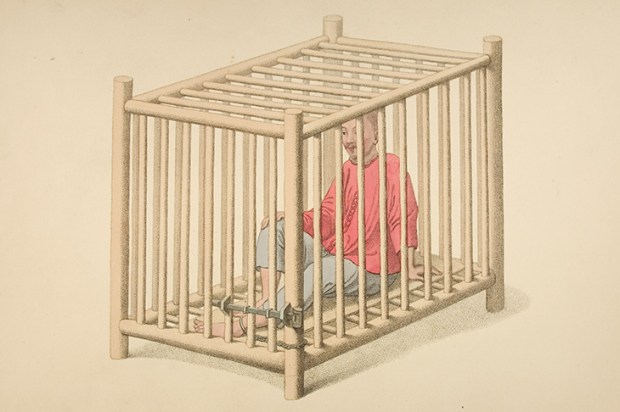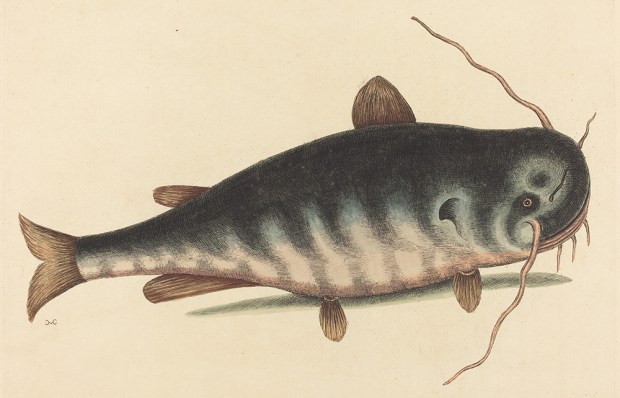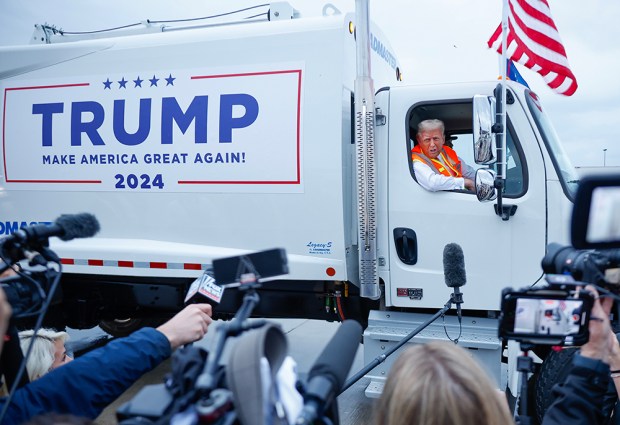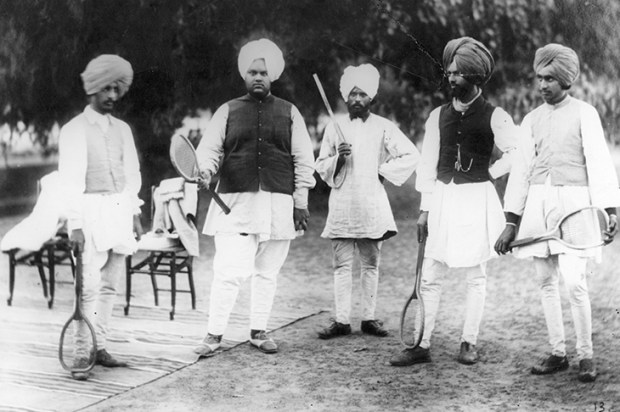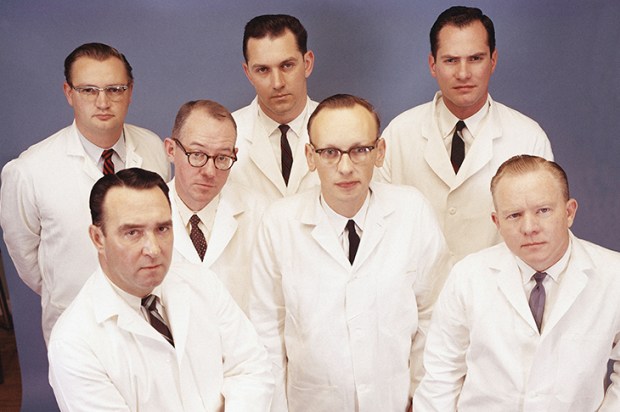Is ‘de-escalate’ in the running to be the Word of the Year for 2025? Or (as seems more likely) the Non-Word of 2025? It was the initial reaction from Penny Wong and Anthony Albanese to Donald Trump’s decision to bomb Iran into a ceasefire. While the rest of the world applauded the bold strategy, and successful mission, that decisively took Iran out of the nuclear club, all Wong and Albanese could bring themselves to say was ‘de-escalate’. Even when, 24 hours later, they were dragged kicking and screaming into facing reality they supported Trump’s decision and the precision bombing by the US Air Force – then almost immediately switched back to their bleated refrain of ‘de-escalate’. Their plaintive cry was often expanded to include such words and ‘dialogue’ and ‘diplomacy’. They seem to have forgotten that the first leader to try using ‘dialogue’ and ‘diplomacy’ to make the Iranians de-escalate’ their goal of building nuclear weapons was Bill Clinton in 1995. Thirty years ago! That’s a lot of ‘dialogue and diplomacy’. But Wong and Albanese seem to think that just a little bit more time (another 30 years?) might see the same thing work that failed in the past. It’s a bit hard to see how a waggling finger accompanied by a firm pronouncement of the word ‘de-escalate’ might work better in 2025 than 1995. The word ‘escalation’ has meant ‘the act or process of increasing armaments’ (Oxford) since at least 1938. This whole word family began in America in 1900, originally as a trade name for a moving staircase. The world’s first escalator was built by the Otis Elevator Company for passengers using the New York ‘L’ – or the Manhattan Elevated Railway to give it its proper name. The noun ‘escalator’ gave rise to the verb ‘to escalate’ meaning ‘to move upwards’. This, in turn, gave rise to all the applications of the abstract noun ‘escalation’. And finally, in 1965, to its opposite ‘de-escalate’ (for those getting nervous about the ride and wanting to get off). But it turns out that bunker-buster ‘Operation Midnight Hammer’ can make the Ayatollahs more inclined to leap off the escalator than yet another burst of feeble finger-waggling from Canberra.
When Paul McCartney’s original version of ‘Yesterday’ came drifting out of my radio the line that struck me was ‘now I long for yesterday’– and realised, as I surveyed the political landscape – how I longed for the Howard years (when the adults were in charge). Which brings us back to the word itself. ‘Yesterday’ is a very old word. Its Old English source word is found as early as 950 AD in the Lindisfarne Gospels. It’s clearly the word ‘day’ with a prefix, but just what does the prefix mean? The only similar word found in any related language is a word in Gothic (also ‘day’ with a prefix) which means ‘tomorrow’. And in Old Norse there is a similarly constructed word which means both yesterday and tomorrow. So scholars think that the Old English word from which we get ‘yesterday’ also had both meanings – it could either mean the day preceding the present day or the day following the present day. And the Oxford English Dictionary contains a quote from Sir Thomas More (from 1533) which includes the expression ‘if they tarry till yesterday’ – indicating that ‘yesterday’ really did (at one time) mean either yesterday or tomorrow (with the meaning being determined by the context).
Got something to add? Join the discussion and comment below.
Contact Kel at ozwords.com.au
You might disagree with half of it, but you’ll enjoy reading all of it. Try your first month for free, then just $2 a week for the remainder of your first year.


